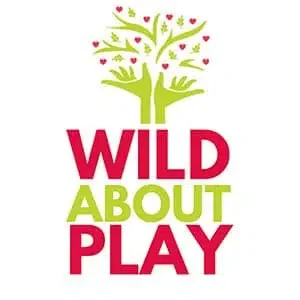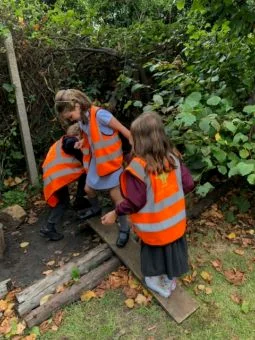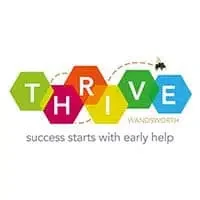We love debating and talking about all things that impact our children and their emotional resilience from schooling to social skills, to pioneering collaborative minds that will change our world for a better tomorrow. If you feel strongly about something, please do get in touch and let us know. Equally, everything below is a conversation starter, so let us know what you think!
Let’s talk about social skills.
Our children go to school and return exhausted from learning, creating, participating in PE, playing in the playground and sitting at a desk or on a carpet all day. Unfortunately the development, practice and advancement of social skills such as team work, collaboration and empathy are severely lacking whilst they are in this structured, indoor environment. According to a report published last year by McKinsey & Company, the demand for higher cognitive skills such as empathy, critical thinking and collaboration will grow through “2030 at cumulative double-digit rates.”
Team work, collaboration, empathy and effective communication are just a few traits that are vital for children to acquire that excel them both emotionally and mentally. How these are developed is equally as important, as we look into the benefits of unstructured and semi-structured child-led play and what the methods we implement do to progress these skills.
One of the main benefits of unstructured play is the creativity and imagination that is exercised in the sessions. As a group, children are able to problem-solve with the freedom they gain in an outdoor setting with natural resources such as sticks, leaves and mud. As their imagination runs wild, they can collaborate together whilst creating a scenario that engages the reasoning part of their brain and gives them the opportunity to generate trial and error ideas with the confidence that if they fail there are no pressures, only the opportunities to try again.
Outdoor, child-led play also gives children the opportunity to develop accountability. At Wild about Play, we encourage pre-school and after-school children to have autonomy over what activities they partake in and what they can do to ensure they are utilizing their time with us well, whether that be creating stick puppets to put on a collective show for the practitioners or scaling our compost mountain as a team to reach the dizzying summit together. “Learning by doing” (Loughborough University, 2017) in the outdoors stimulates brain activity and helps contribute to collaborative learning skills. Researcher Tassoni states that “children tend to concentrate and persevere for long periods when they are ‘in control’ of their learning. Their levels of motivation are higher because they have chosen something that appeals to them” (2007).
As a team working towards a common goal or outcome, our children flourish and display these social skills for all to see. Recently, our after-school children utilised their communication and teamwork skills when one half of the group were blindfolded and the others had to guide them using only their words through our bushy tunnel. Using their knowledge of the surroundings and the bonds they have forged during our sessions, they collaborated to ensure every person moved safely and assertively towards their destination. Without even knowing it they strengthened the very social skills that are vital to their development whilst having fun as a unit, which ultimately is exactly what we’re all about!







